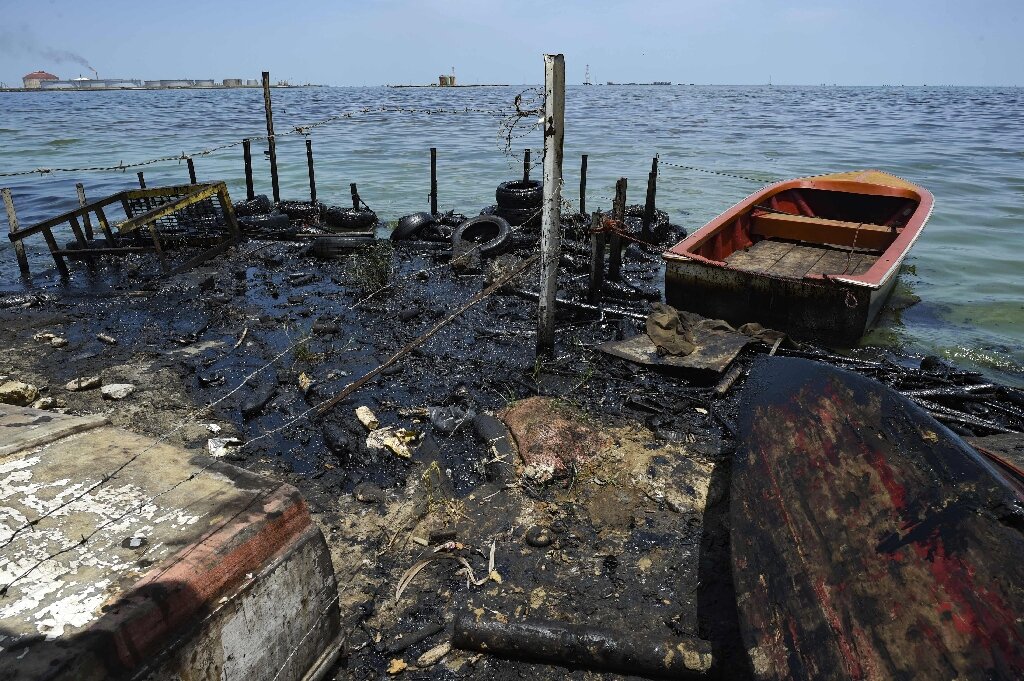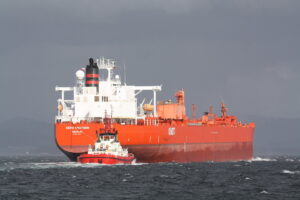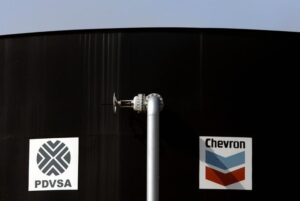
(IAD, 28.Feb.2020) — At the dawn of the 1920s, Venezuela had drilled its first oil wells and was just two years away from the eruption of almost a million barrels of oil from the Barroso No. 2 well on the shores of Lake Maracaibo — an event that would amplify the country’s oil ambitions and alter its fortunes forever.
Few would have guessed that almost a century later, Venezuela’s oil production per citizen would be lower than in 1926. Once a major OPEC producer, Venezuela has witnessed a spectacular fall in oil production over the last 20 years under Hugo Chávez and Nicolás Maduro. In 2019, U.S. sanctions hastened this decline. Will Venezuela ever reclaim its place as a top oil producer?
With state oil company PDVSA saddled with crippling debt, poor management and corruption, resuscitating Venezuela’s oil industry would clearly require foreign investment. Several international oil companies maintain limited operations in the country, while others have exited completely.
For investment to flow on the scale required to restore Venezuelan output to pre-Chávez levels, numerous hurdles would have to be overcome, according to large Western oil companies we interviewed for a recent report. Given U.S. sanctions and Maduro’s track record, it is unlikely that investment conditions will improve under his regime. But Venezuela’s appeal to oil majors would be uncertain even with new leadership.
Perhaps the biggest barrier is U.S. sanctions, which effectively ban Venezuelan crude exports to the United States and dollar transactions with PDVSA and threaten action against foreign companies deemed to be supporting the Maduro regime. Venezuela’s onerous fiscal and regulatory framework would also need revision, companies say.
Venezuela’s government take is among the highest in the world — above 90 percent — and most companies can only operate as minority partners with PDVSA, which manages most projects and sells the crude they produce. With PDVSA in shambles, most Western oil companies would prefer not to partner with it under current rules. Taxes and royalties on less profitable fields would also need to be reduced to compensate for numerous costs and risks, even under the most optimistic political scenario.
These costs are many, and their magnitude unknown. The country’s power and transport infrastructure is highly degraded, and statistics on the national power system have not been published in almost a decade. Armed groups continue to operate in the country’s vast swathes of unpoliced territory, creating the need to contract security. The mass exodus of trained personnel, and questions over whether they will return, may call for importing oil workers. Innumerable safety and environmental liabilities will be inherited from PDVSA, which stopped releasing reports about spills in 2016.
Venezuela also will face a competitive global investment landscape. Weak oil prices may be extended by sluggish global demand and large volumes of new supply. This makes a risky producer with a laundry list of extra costs — even one with the world’s largest reserves and low extraction costs — a harder sell to boardrooms.
In addition, as oil companies increasingly face pressure to implement emissions reduction targets, Venezuela’s carbon-intensive heavy oil becomes a less attractive prospect. Lastly, as U.S. sanctions cut off Gulf Coast refiners from Venezuelan heavy crude, they may permanently switch to other sources, such as Canada, or reconfigure refineries to process different grades. Loss of the U.S. market forces Venezuela to continue shipping its oil across the world to sell in China and India at a discount.
As companies abandon Venezuela under today’s difficult conditions, they are less likely to return. Companies no longer in Venezuela will have a harder time assessing conditions on the ground and will compare Venezuela to many other new opportunities around the world.
Venezuela’s road to recovery will be long and rife with obstacles. Despite the oil industry’s moribund state, it will be the key to jump-starting a return to prosperity given Venezuela’s lack of economic diversification.
Any new government will have to quickly boost oil investment to the extent possible in the short term while pursuing medium-term economic diversification. Their success and the continued stability of Venezuela will depend on establishing better investment conditions, creating political and contractual stability, and planning long-term strategies for economic reconstruction that capitalize on the country’s oil wealth — but do not live and die by it.
Lisa Viscidi is the director of the Energy, Climate Change & Extractive Industries Program at the Inter-American Dialogue. Nate Graham is an associate with the Energy, Climate Change & Extractive Industries Program at the Inter-American Dialogue.
***

